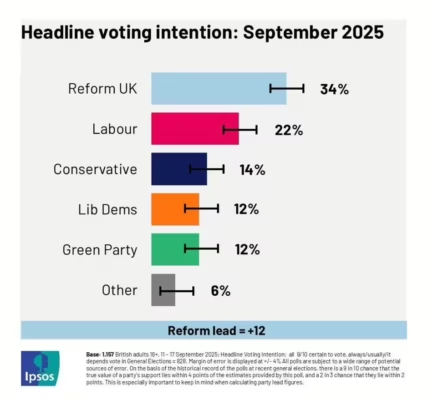
More than 36,000 migrants have crossed the Channel (Image: PA)
Known extremists and criminals refused asylum are dodging deportation because they are protected by the European Convention on Human Rights, a Labour minister has admitted.
Fury erupted on Friday after Home Office minister Mike Tapp said dangerous asylum seekers are being allowed to stay on “more restrictive leave”.
They are not given “the same range of benefits” afforded to refugees and those with successful protection claims, Mr Tapp conceded.
But the admission has led to more calls for small boat arrivals to be immediately detained and deported, following weeks of scandals over crimes committed by asylum seekers.
Many failed asylum seekers are still afforded Section 4 support, which gives them taxpayer-funded housing and cash.
Shadow Home Secretary Chris Philp said: “This answer brazenly admits that dangerous extremists, criminals and known terrorists often can’t be removed because of the European Convention on Human Rights.
“There’s only one answer: the ECHR needs to be scrapped and these scumbags need to be kicked out.
“But Labour is too weak to do this, and instead they are prepared to let terrorists and criminals stay here.
“The Prime Minister is a human rights lawyer more interested in the rights of criminals and terrorists than in protecting the British public. It is a disgrace.”
Shadow Justice Secretary Robert Jenrick told the Daily Express: “Labour are on the side of dangerous extremists and criminals – and they know it.
“Keir Starmer would rather us remain in the ECHR and leave us exposed to foreign criminals rather than protect the British people.
“Labour should stop debating what benefits to give these sick people and instead detain and immediately deport them. That’s what the British people are crying out for.”
Hundreds of offenders wanted for serious crimes abroad are crossing the Channel to try to escape justice by claiming asylum in Britain.
And a series of highly controversial immigration tribunal rulings have smashed confidence in the Home Office’s ability to deport failed asylum seekers and dangerous criminals.
Sources have told the Daily Express Immigration Enforcement teams will impose more conditions, such as tagging, night-time curfews and exclusion zones on migrants who cannot be deported.
Mike Tapp, the new Border Security Minister admitted in response to a Parliamentary questions about vetting procedures: “All asylum claimants are subject to mandatory security checks to establish their identity and to link it to their biometric details for the purpose of immigration, security and criminality checks.
“These checks are critical to the delivery of a safe and secure immigration system.
“In line with the Refugee Convention, we will apply the relevant exclusion criteria and deny the benefits of refugee status to those who commit serious crimes and are a danger to the community or those who are a threat to national security.
“Extremists and other criminals who are denied protection status who cannot be removed because doing so would breach our obligations under the European Convention on Human Rights, may be granted shorter more restrictive leave and will be subject to regular review.
“They are not eligible for the same range of benefits as those with protection status and cannot qualify for settlement. Such individuals are not welcome in the UK and will be removed at the earliest opportunity.”
Afghan migrant Fayaz Khan, convicted of threatening to kill Nigel Farage, travelled to the UK to claim asylum, having been refused refuge in Sweden, where he has a lengthy criminal record covering 17 offences on 12 occasions dating back to June 2019.
But he is yet to be deported, with the Home Office facing particular difficulties in returning foreign criminals to Afghanistan because of the Taliban.
Officials effectively have to rely on convincing Afghans to leave “voluntarily”.
And Iranian criminal Mohammad Hakim-Hashemi, when he was released from a US prison in 2014, claimed asylum in the UK.
He was jailed in the US in 2012 after admitting breaching an arms embargo by trying to buy military aircraft parts for Iran’s air force.
Hashemi argued he should be protected under articles 2 and 3 of the Human Rights Act, the right to life and freedom from persecution.
According to a research briefing prepared for MPs, immigration judges granted 61,000 out of the 115,000 human rights appeals brought against the Home Office.
The Immigration and the ECHR report added: “From 2015/16 to 2020/21, the Home Office win rate in all First-tier Tribunal appeals against criminal deportation was 70% (5,900 out of 8,400).
“Of the appeals won by the person contesting deportation, around 1,000 were successful on ECHR grounds only, although some of the other 1,500 appeals won by migrants may have been a mix of ECHR and non-ECHR reasons.”



